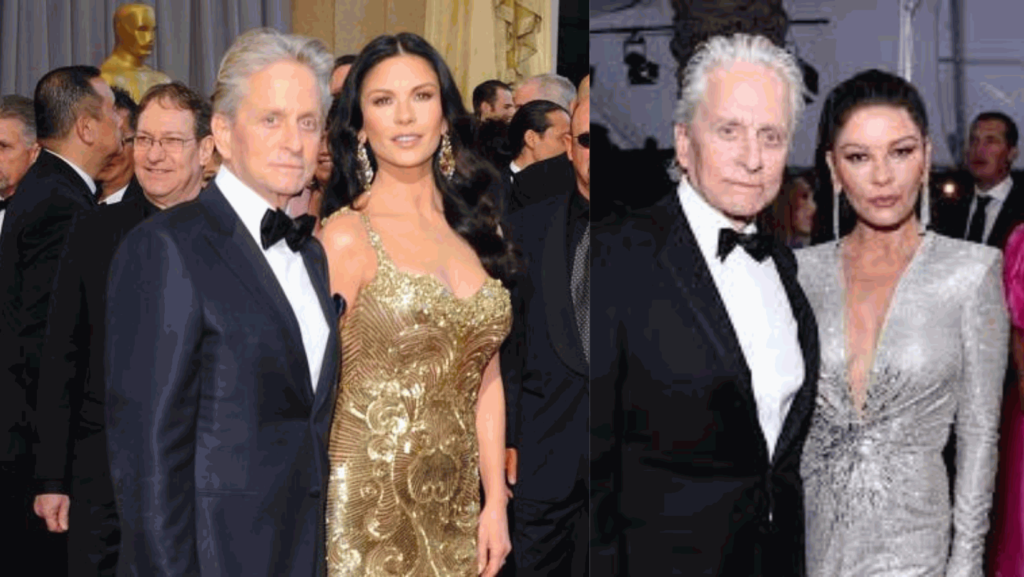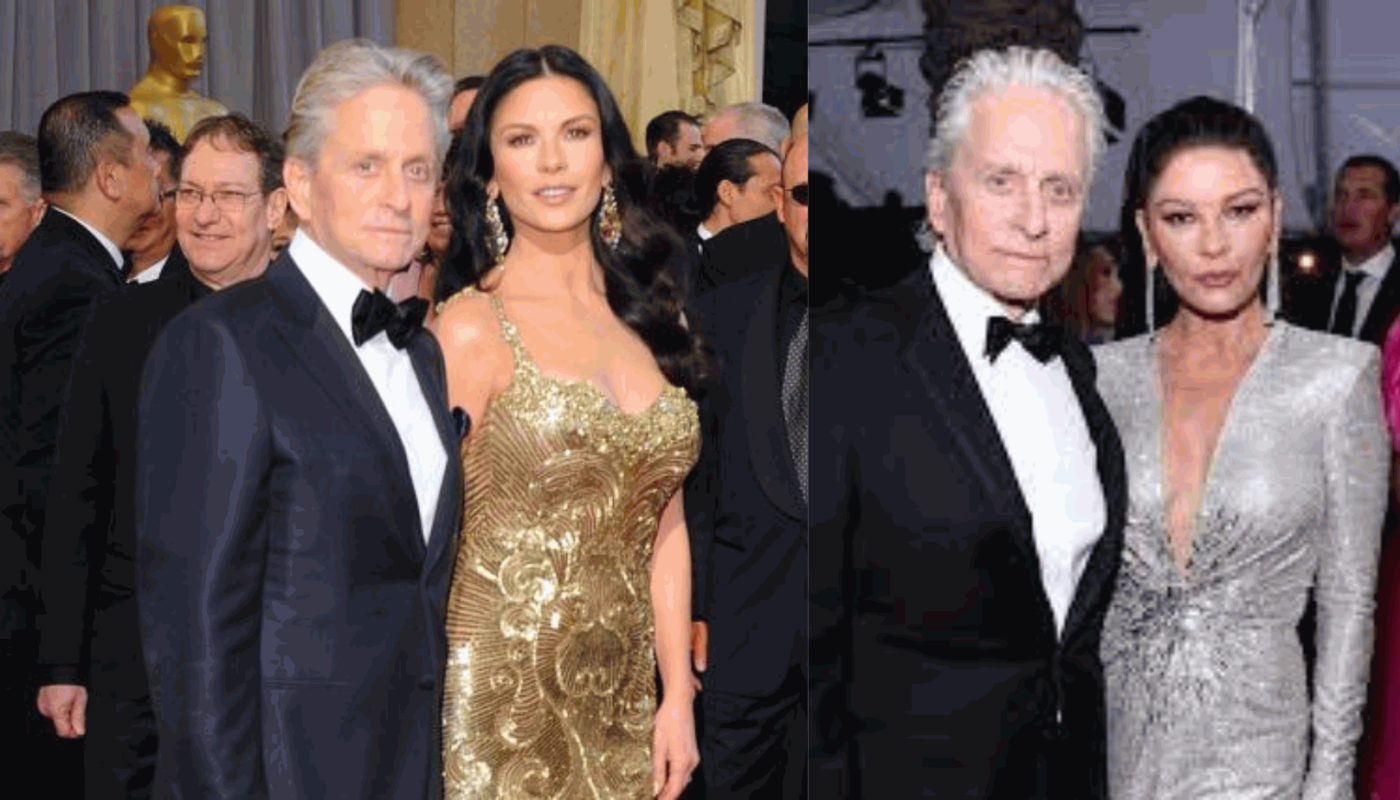Ant-Man and The Wasp: Quantumania actor Michael Douglas added his thoughts on the idea of digital likeness, which is somewhat of a hot topic in Hollywood.

Douglas has been making pictures for more than 50 years, during which time he has seen the film industry undergo numerous changes. The usage of digital likenesses of performers is one that has emerged recently.
Studios may now use deepfake technology and AI to create actor performances without having to show up on set. The legalities of such techniques and providing performers the freedom to decide what is done with their digital likenesses have sparked a great deal of discussion in response to this.
The MCU and Star Wars have already begun to test the waters in this area. Stan Lee’s likeness may appear in upcoming Marvel films thanks to a recent agreement Marvel and the publisher of Marvel Comics made. Yet Lucasfilm has employed the technology numerous times, allowing Carrie Fisher’s Princess Leia to make a debut in Rogue One and introducing a younger Luke Skywalker to the big screen in The Mandalorian.
The Digital Image of Michael Douglas

Michael Douglas, a veteran of Hollywood and an MCU star, said in a recent interview that he intends to sell his digital likeness after passing away.
The actor told The Guardian that due to his advanced age, he has begun to “thinking [he’s] going to have to license my name and likeness” so that “the rights go to my family rather than to the metaverse,” so that “the rights belong to my family instead of to the metaverse.”
He cited the rapidly evolving AI technology now available and expressed a desire to have some influence over what happens to his voice, performance, and demeanour:
“It’s funny you should mention that. You get to an age where you start thinking about your will and estate. Now I’m thinking I’m also going to have to license my name and likeness so the rights go to my family rather than to the metaverse. I see what AI is doing with pictures with text. It’s only matter of time before you’ll be able to recreate any dead person at any age with the voice and the mannerisms, so I want to have some control.”
Keanu Reeves, another veteran of Hollywood, has called the idea of other businesses being able to use his likeness “scary.” He emphasised that while one can “participating in that” and “give a performance in a film,” but“if you go into deepfake land, it has none of your points of view:“
“What’s frustrating about that is you lose your agency. When you give a performance in a film, you know you’re going to be edited, but you’re participating in that,” he said. “If you go into deepfake land, it has none of your points of view.”
He continued, “actively seeking a way around you” and “the people who are paying you for your art would rather not pay you.”
The “cultural, sociological impacts” these technologies are having on humans intrigue the John Wick actor, but:
“They’re having such cultural, sociological impacts, and the species is being studied. There’s so much ‘data’ on behaviors now. Technologies are finding places in our education, in our medicine, in our entertainment, in our politics, and how we war and how we work.”
SAG-AFTRA recently discussed performer safeguards to enable them take control of their likenesses. SAG-AFTRA is the Screen Actors Guild – American Federation of Television and Radio Artists.
The Hollywood Reporter quoted Duncan Crabtree-Ireland, national executive director of SAG-AFTRA, as saying that “Protection of a performer’s digital self is a critical issue for SAG-AFTRA and [its] members.” He regretted that although “these new technologies offer exciting opportunities” they “pose potential threats to performers’ livelihoods:” as well:
“Protection of a performer’s digital self is a critical issue for SAG-AFTRA and our members. These new technologies offer exciting opportunities but can also pose potential threats to performers’ livelihoods. It is crucial that performers control the exploitation of their digital self, that any use is only with fully informed consent, and that performers are fairly compensated for such use.”
Senior Assistant General Counsel for Contracts and Compliance Danielle Van Lier noted that it is also crucial to ensure “reproductions of any Performer” are not used “without the union’s consent” and that “[the data] is protected from unauthorized access and use]”
“Producer may not create digital reproductions of any Performer in connection with the Project without the union’s consent. Producer may not use any digital reproduction of any individual, living or deceased, as a character or in place of Performers in the Project without the union’s consent. The foregoing restriction includes any voice reproductions.”
It’s not all terrible, she continued, but SAG wants to make sure that “[actors] maintain control and are fairly compensated.”
The Deep Tunnel of Artificial Intelligence Performers
The world as a whole is currently on the brink of an AI revolution, not just the film industry. As a result, it’s kind of necessary to think of digital rules, rights, and regulations as they are needed.
Long after they are gone, actors like Bruce Willis are having discussions about selling their likenesses for upcoming performances.
Some people are accepting it, while others are not.
Michael Douglas appears to be taking the initiative and organising his digital rights so that his family has control over the situation rather than a Hollywood studio or production firm.
This would imply that, with Douglas’s consent or that of his family, Marvel Studios could eventually make another Ant-Man or Avengers movie with the actor without even requiring Douglas to be there.
This kind of scenario might prove to be a significant technological advance for Hollywood if everyone is on board. In movies, contemporary performers like Tom Holland or Florence Pugh have portrayed late industry legends like Audrey Hepburn, Robin Williams, and James Daen.
But it also throws open a huge can of worms that could be exploited. This may, and most likely will, result in some contentious legal disputes down the road, particularly in the early beginning when not everyone will be aware of what they are getting into.
In the next film Ant-Man and The Wasp: Quantumania, Michael Douglas can be seen performing in a non-AI-generated manner.


